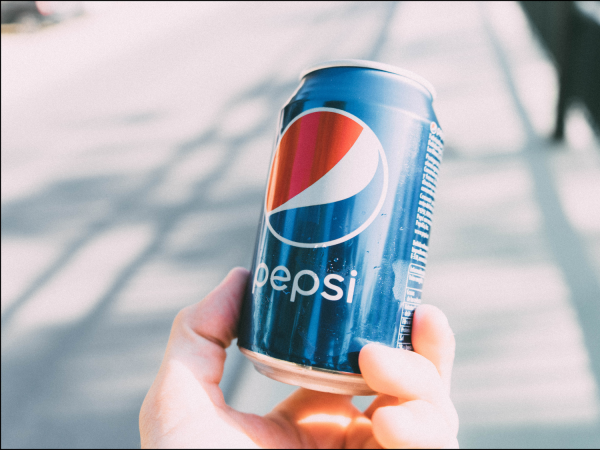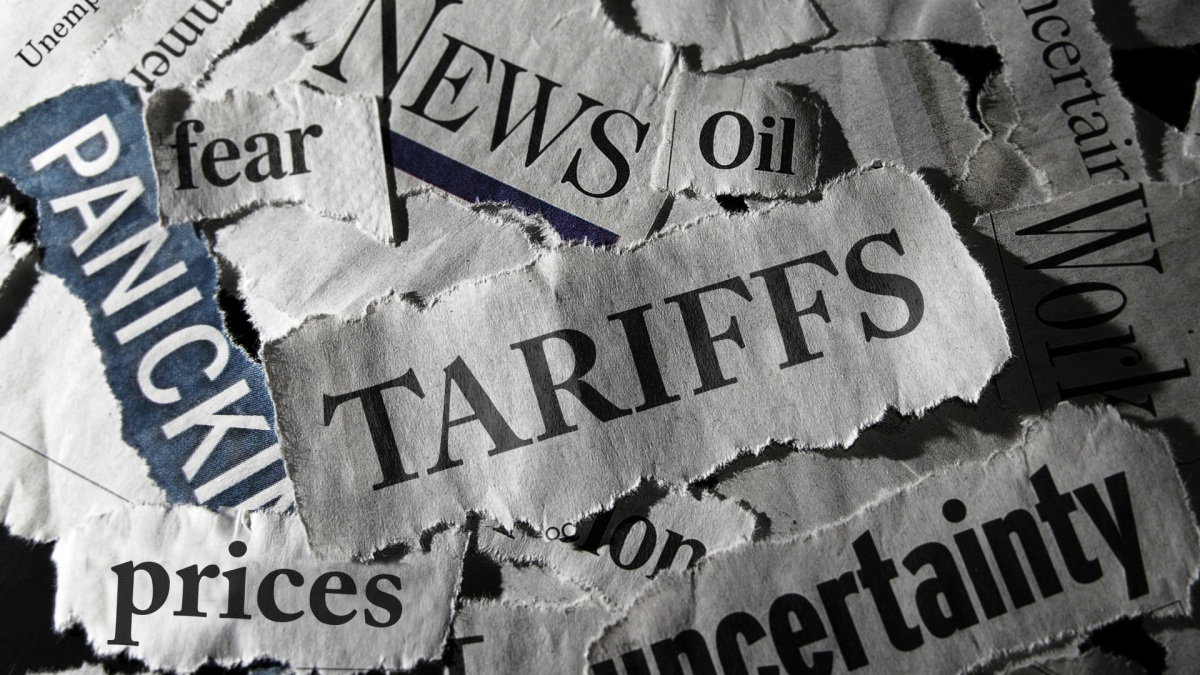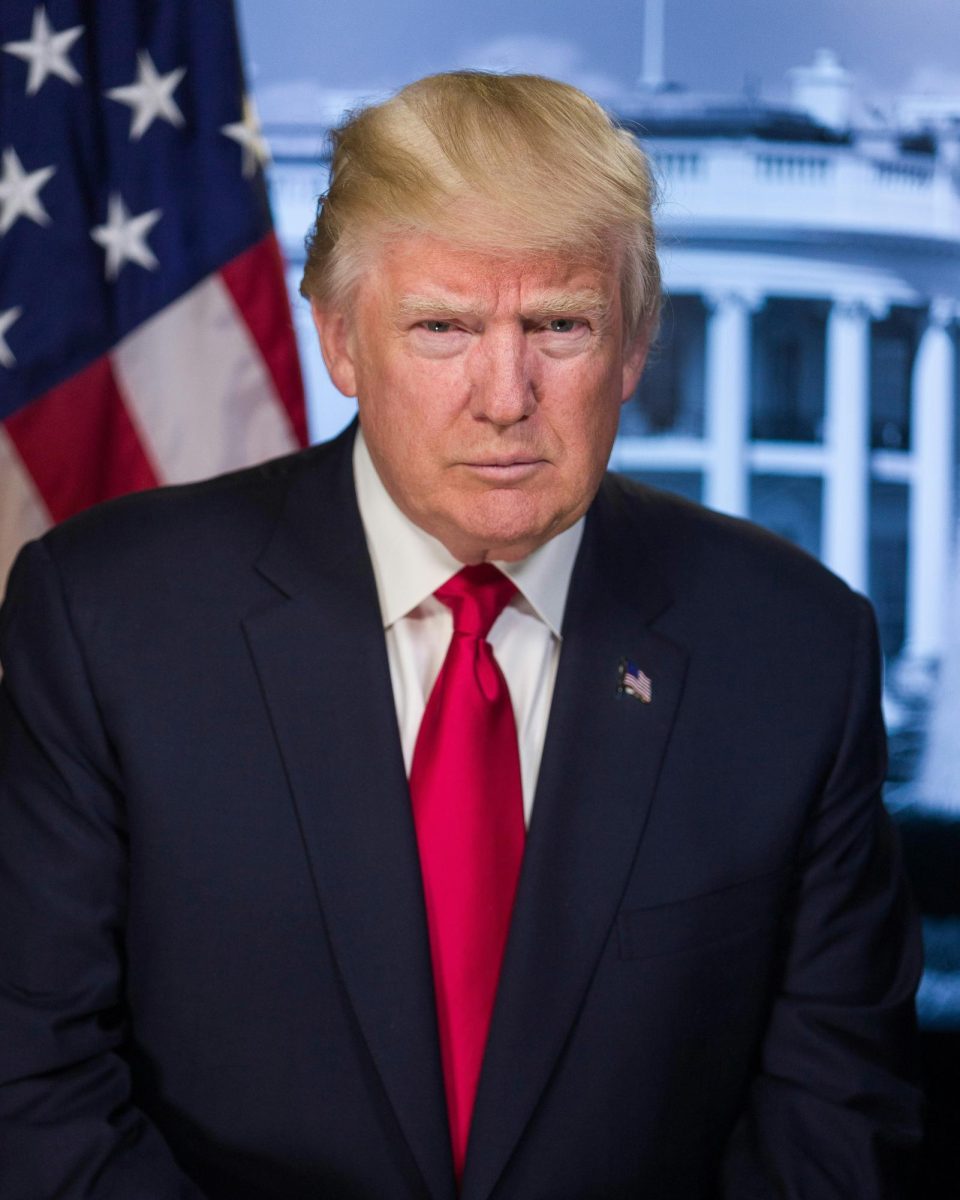According to the Council on Foreign Relations, in the 2024 Presidential Election, Donald Trump won with 77,284,118 votes, or 49,.8 percent of the vote cast. Now five months after the election, tariffs are rising as part of Trump’s plan to reestablish the country’s economy and bring “The Golden Age” of America back again. But is he really doing things correctly and do voters feel any regret voting for him after five months?
To get minds memorized, a tariff is a tax on imported goods from foreign countries. This ultimately makes foreign goods more expensive and encourages consumers to purchase goods from local businesses.
As of April 2025, President Trump has imposed tariffs on mainly three countries: China, Canada, and Mexico. He previously imposed a 25 percent tariff on Canada, since they are the nation that imports the majority of aluminum, crude oil, and natural gas.
Fox Business reports that Trump has imposed a 84% tariff on China, which was originally taxed as a 125% tariff earlier this month. On April 9, Trump announced a 90-day pause in the “reciprocal” tariffs that applies for countries that are negotiating with the States, where a 10% tariff would apply during which time.
As of Wednesday April 23, according to The Guardian, the US Central Bank will try its best to make the stocks rise as well as manage lower tariffs on Chinese imports to the States. In addition to the stock market crashing, the US Dollar was also affected as it hit a three-year low on Tuesday before recovering and rising to just 0.25 against other major currencies.
Oil prices have also risen as of April 23, most specifically Brent Crude rising above $68 a barrel. This rise was due to new American sanctions that targeted Iranian liquefied petroleum gas as well as the crude oil shipping magnate Seyed Emamjomeh.
“There will likely be pricing – tariffs are inherently inflationary – but we’re also looking at sourcing options,” Protector and Gamble (P&G) CEO Jon Moeller told CNBC Thursday Morning.
 Not only has P&G raised their prices of a variety of products, PepsiCo has also raised prices amid inflation rates. This has lifted sales but also flattened volumes since shoppers have turned their attention to cheaper brand alternatives or crossed times from their budgets completely.
Not only has P&G raised their prices of a variety of products, PepsiCo has also raised prices amid inflation rates. This has lifted sales but also flattened volumes since shoppers have turned their attention to cheaper brand alternatives or crossed times from their budgets completely.
Simultaneously, consumers have turned to other forms of credit in an attempt to stretch their cash flow. Both credit card debt and late card payments have hit record highs earlier this year; and the buy now, pay later method loans have gone off the roof.
Other major companies like Sketchers, Adidas, and Nike, have expressed interest in raising its prices since they used factories in China to create their products. The maker of Ariel, Gillette, and Head & Shoulders said it was considering changing its prices to make up for the extra cost of materials sourced from China and other Asian countries.
Though he states that the rise of tariffs will greatly benefit the economy of the country, Trump’s action of raising tariffs hasn’t gone too well for major major corporations that supply needs and wants across the nation. It is highly recommended to adjust your budgets accordingly and make any necessary changes to stocks, bonds, or other investments of that nature before it gets worse.








